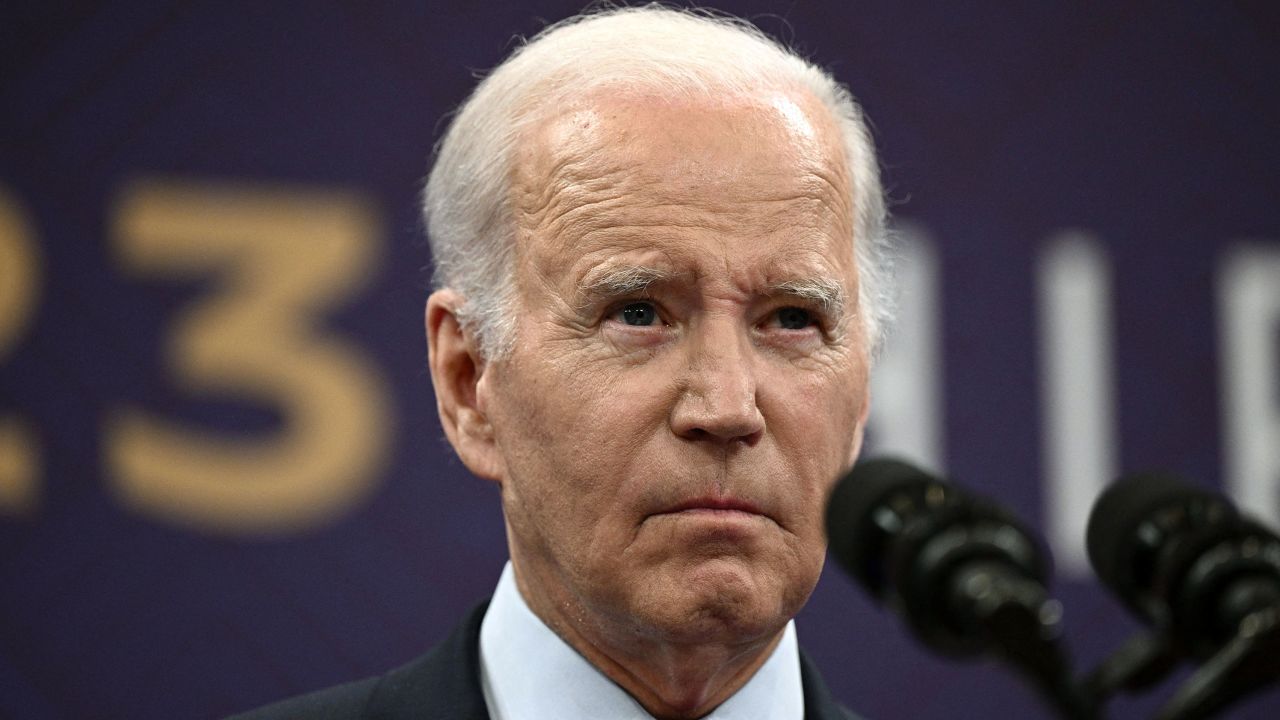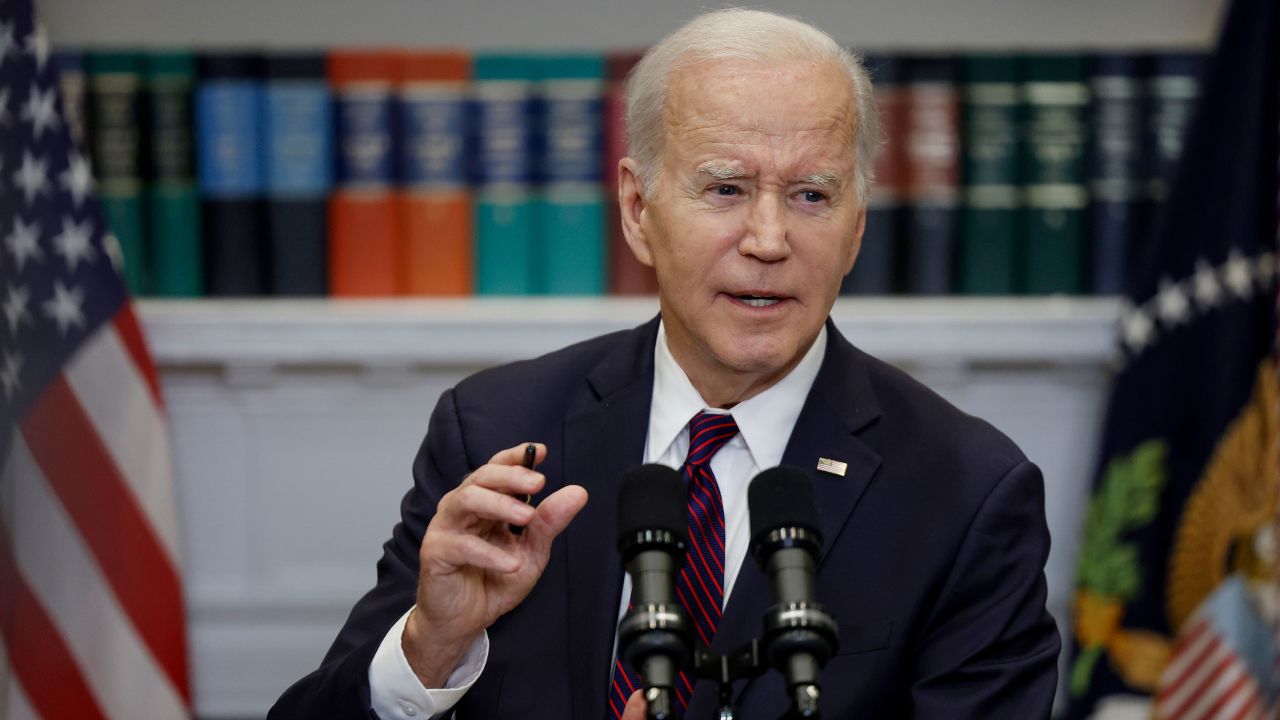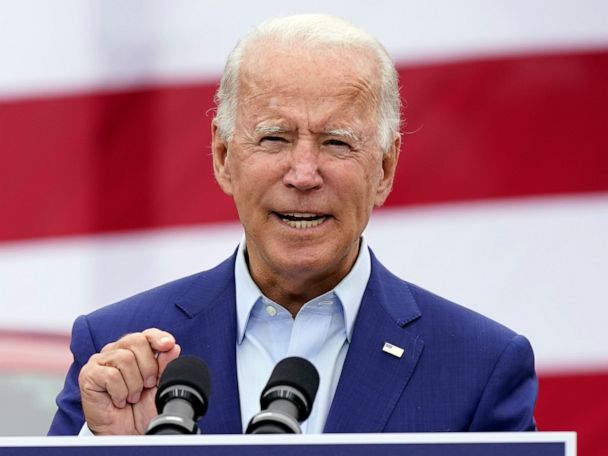United States President Joe Biden indicated that the US is considering sanctioning Uganda after the country passed an anti-gay policy.
In a statement issued on May 29, President Biden criticised the legislation, calling it a "democratic backsliding" that risked depriving Ugandans of services provided by the US.
Part of the statement notes that This heinous Act is the most recent development in Uganda's alarming human rights violations and corruption trend.

As a result, President Biden indicated that he has directed the appropriate authorities to review all of the law's ramifications.
Did you read this?
He also stated that the US is considering banning travel for anyone attempting to fly into the Western economic powerhouse.
President Biden says that he has directed my National Security Council to evaluate the implications of this law on all aspects of U.S. engagement with Uganda, including their ability to safely deliver services under the U.S. President's Emergency Plan for AIDS Relief (PEPFAR) and other forms of assistance and investments.
He added that his Administration will also incorporate the law's impacts into their review of Uganda's eligibility for the African Growth and Opportunity Act (AGOA)
he added that they are also considering additional steps, such as imposing sanctions and restricting entry into the United States on anyone involved in serious human rights violations or corruption.

Biden also hoped the legislation would be revised to avoid damaging their 60-year partnership with Uganda.
He added that To advance their common agenda. The United States Government invests nearly $1 billion annually in Uganda's people, businesses, institutions, and military. The scale of their commitments reflects the importance we place on this partnership—and our faith in the people of Uganda to build a better future for themselves.
"It is my sincere hope that we can build on this progress together and strengthen protections for people's human rights everywhere." he said
The bill, which President Yoweri Museveni signed into law on Monday, has widespread public support in Uganda but has drawn heavy criticism from the United States, European Union and international human rights groups.









